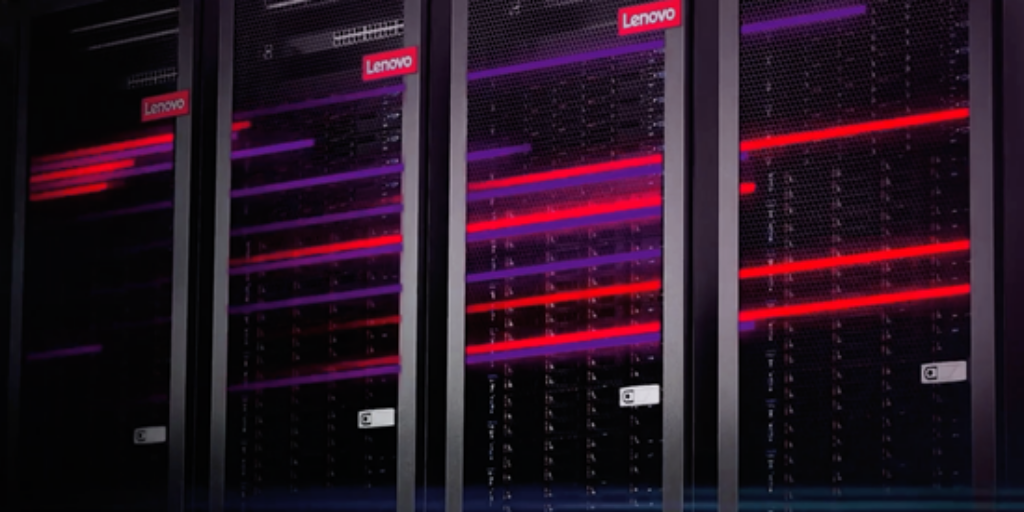 Today Egypt’s Bibliotheca Alexandrina library announced plans to build an HPC platform using Huawei technologies. The HPC cluster will be deployed for specialized applications that require large-scale mathematical calculations, such as bioinformatics, data mining, physics simulation, weather forecasting, drilling for oil and groundwater, and cloud computing.
Today Egypt’s Bibliotheca Alexandrina library announced plans to build an HPC platform using Huawei technologies. The HPC cluster will be deployed for specialized applications that require large-scale mathematical calculations, such as bioinformatics, data mining, physics simulation, weather forecasting, drilling for oil and groundwater, and cloud computing.
Bibliotheca Alexandrina is one of the oldest libraries in the world holding a rich collection of everything from ancient manuscripts to modern literary art–a true knowledge center in the dissemination of the human intellect. The site is also a place of dialogue, learning, and understanding between cultures and peoples. The building is heralded as a window to Egypt for the world and a window to the world for Egypt.
Based on high-density FusionServer servers, the 118 Teraflop Huawei cluster employs high-speed InfiniBand and 288 TB in storage capacity for concurrent file systems.
“The power saving of the high-density X6800 servers, low latency and high bandwidth of the IB computing network, and the other superior attributes of the devices comprising the Huawei HPC solution won the customer over. The management, computing, storage and other key systems and components all feature a fully redundant design to help eliminate stoppages from single points of failure. The number of IB and Ethernet switch ports can power cluster nodes up to three times that in the initial configuration, enabling expansion of storage capacity to 4.5 PB. Huawei HPC solution required one-third fewer cabinets than that of competitors and optimizations to CPU selections delivered 7% better overall system efficiency compared to the next-leading offering. These and other excellent advantages are why Huawei ultimately was selected by Bibliotheca Alexandrina.”
Huawei has a long track record of delivering optimized HPC clusters complete with the necessary infrastructure, hardware, system environments, management utilities, service platforms, and other hardware-software integrations to satisfy the specific requirements of the education and research field. The company has customized HPC platforms for the University of Warsaw, Newcastle University, Istanbul Technical University, and numerous other education and research institutions. Huawei has also set up joint innovation centers with strategic partners such as Poznan Supercomputer Center, to solidify technical cooperation.



